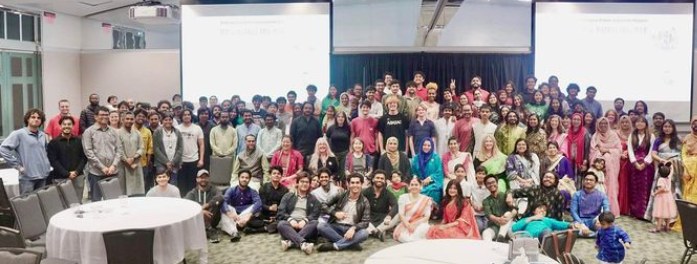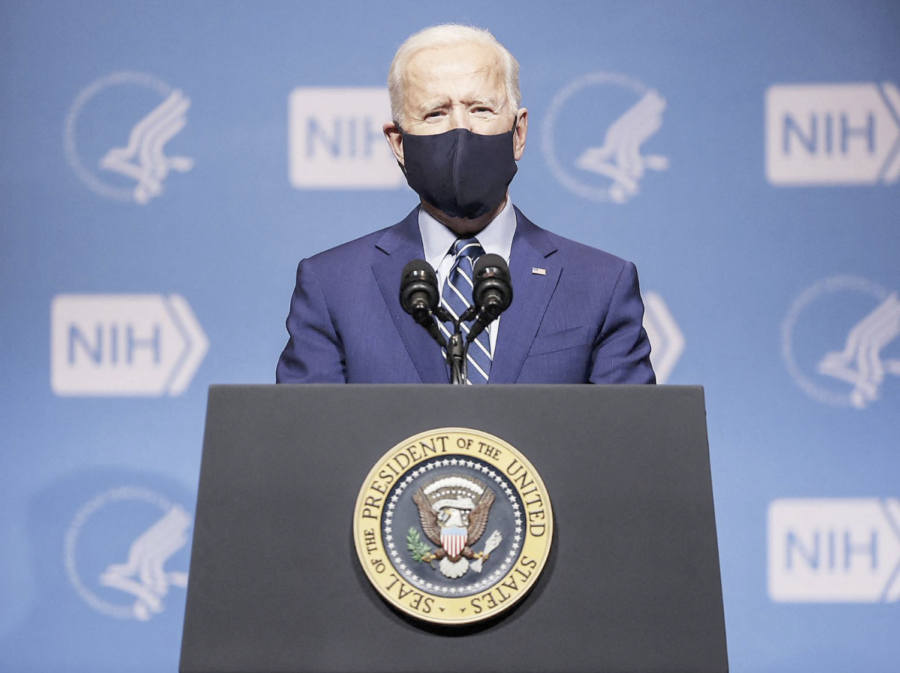In 2013, amid the debate about the already passed Affordable Care Act, an influential MIT economist Jonathon Gruber, one of its primary designers, was asked at a conference about the process of passing the bill. His response was that “lack of transparency (was) a huge political advantage. And basically, call it the stupidity of the American voter or whatever, but basically that was really, really critical to get the thing to pass.”
This quote – which ignited a firestorm of controversy on both sides of the aisle – was reminiscent of another quote said before the passage of the bill by Nancy Pelosi, currently the minority leader within the U.S. House of Representatives. She addressed a group of local officials and told them that, “We have to pass (the Affordable Care Act) so that you can find out what’s in it!”
All this to say that when the Affordable Care Act (ACA) passed, a large amount of its contents had gone unexamined by the media, Washington or most average Americans. This was, as Gruber admitted, by design.
Senate Majority Leader Harry Reid and Pelosi both moved to silence Republicans in Congress who suggested that the entire bill be read on the floor or that more time be taken to review it. The bill clocks in at over 1,000 pages.
Because of this intentional opaqueness and the political maneuvering that aimed to pass the bill with as little public debate as possible, it should be no surprise that Obamacare had some negative surprises and unintended side effects for many Americans – in particular for many college students who work on campus – consequences that were not discussed on the floor of Congress or mentioned in press releases from the White House.
The ACA requires that any employee of a university who works over 30 hours a week be provided full-coverage health insurance by that university.
This also applies to employees of most large corporations. This includes student workers, who formerly would not have been required to have health insurance no matter how many hours they worked each week.
In an ideal world, universities and other corporations would be able to do this with no issues. In the real world, however, this legislation came in the form of a federal mandate, which meant that while the government tells universities to provide this insurance, they provide no funding or support for it. Effectively, the mandated insurance functions as an additional tax on universities and other employers.
The immediate consequence of this legislation for student workers across the nation was not that they received government-mandated insurance, but instead that they saw their hours cut, in some cases quite dramatically, so they would not exceed the 30-hour limit.
Investors Daily reported that over 100 schools cut hours for student workers following the implementation of this law due to its low ceiling for “full-time” employment.
Southern Miss was no exception. According to Marquise Cunningham, a former student who graduated last fall with a major in computer science, student workers were told they could not work more than 20 hours a week.
After Obamacare was passed, the university changed its student-employment policy to limit workers’ hours to 20 per week.
Chamara Moore, a senior English major who currently works as a resident assistant, said the law had an impact on student workers at Southern Miss. “The maximum you can work on campus is 20 hours a week,” Moore confirmed. She said while it has not impacted her personally, it has been an issue for others who are working multiple jobs while trying to finance their education.
This 30-hour provision does not only affect undergraduate student workers. Graduate students, from teaching assistants to physical trainers, cannot work more than 30 hours a week either, and have subsequently had their hours cut. Even adjunct professors have been scaled back as schools try and avoid the consequences of having too many “full-time” employees.
The negative consequences of this bill for college students will not end after graduation either. According to the non-partisan Congressional Budget Office, Obamacare will slash the equivalent of 2 million full-time jobs by 2017, while simultaneously increasing the national debt by $1.4 trillion.
This is enough money to buy every product and service in Sierra Leone, Scotland, Ireland, Cuba and Switzerland combined.
The true beneficiary of all of this might be the big insurance companies. The law allows students to remain on their parent’s insurance plan until they turn 26, which is beneficial for students, but even more beneficial for big insurance companies.
The lasting legacy of the ACA, according to Eric Dent, a business professor from North Carolina, may be that it is “possibly the largest transfer of wealth from government (i.e. taxpayer money) to corporations ever.” That is a legacy that students at Southern Miss, and across the nation, will be dealing with for a long time.



































